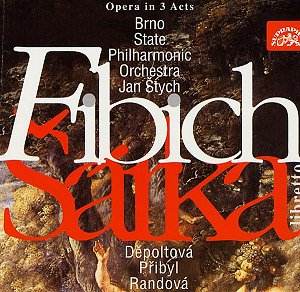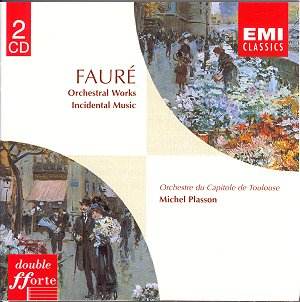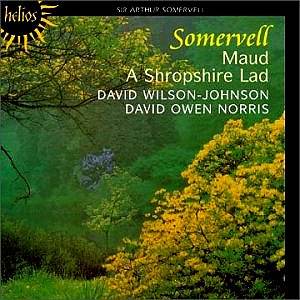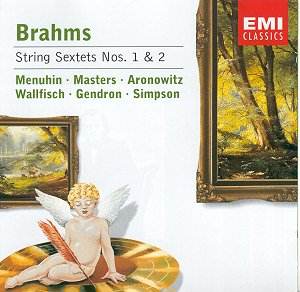 Composer: Zdeněk Fibich
Composer: Zdeněk Fibich
Works: Šárka – opera in three acts (1897)
Performers: Václav Zítek (Prince Přemysl, baritone), Vilém Přibyl (Ctirad, tenor), Josef Klán (Vitoraz, bass), Eva Děpoltová (Šárka, soprano), Eva Randová (Vlasta, mezzo-soprano), Jaroslava Janská (Libina, soprano), Božena Effenberková (Svatava, soprano), Jitka Pavlová (Mlada, soprano), Anna Barová (Radka, mezzo-soprano), Vera Bakalová (Hosta, contralto), Daniela Suryová (Castava, contralto)
Recording: Brno State Philharmonic Orchestra, Jan Štych (conductor)
Label: Supraphon
Zdeněk Fibich, a pivotal figure in the Czech nationalist movement of the late 19th century, often finds himself overshadowed by his contemporaries Smetana and Janáček. His opera Šárka, composed in 1897, is a compelling tragic tale woven into the fabric of Czech folklore, exploring themes of female empowerment and the dire consequences of societal constraints. This recording, released by Supraphon, provides an accessible window into Fibich’s operatic world, marked by lyrical expressiveness and rich orchestration.
The performance is anchored by the strong vocal contributions of Eva Děpoltová as Šárka, whose soaring soprano conveys both the character’s fierce resolve and her tragic vulnerability. Děpoltová masterfully navigates the emotional landscape of her role, particularly in the love duet with Ctirad (Vilém Přibyl), where the interplay of voices creates a haunting atmosphere that encapsulates their doomed romance. The orchestral support under Jan Štych is equally commendable; the Brno State Philharmonic Orchestra plays with a fervent intensity that mirrors the opera’s dramatic arc. The lush strings and brass create a vivid soundscape, particularly in the overture, where Fibich’s command of orchestral color is on full display.
Fibich’s score is characterized by its nationalist motifs, drawing upon Czech folk traditions while infusing them with a late-Romantic sensibility. The choruses are particularly noteworthy, with the Janáček Opera Chorus providing a robust and spirited sound that underscores the communal aspects of the narrative. The engineering of this recording allows for a clear delineation of voices and orchestra, ensuring that the dramatic tensions are palpable. The sound quality is excellent, capturing the nuances of both the vocal performances and the orchestral textures, although one might argue that the spatial dynamics could be enhanced to offer a more immersive experience.
Notably, Šárka’s rich thematic material often recalls the dramatic intensity found in Wagner’s operas, yet Fibich’s approach maintains a more lyrical flow, avoiding excessive length without sacrificing emotional depth. The incorporation of folk elements, particularly in the orchestration, offers a refreshing contrast to the Wagnerian model, suggesting a more democratic and accessible operatic form. Comparisons with recordings of Janáček’s later operas reveal a kinship in subject matter and emotional complexity, yet Fibich’s style remains distinctly his own, showcasing a fervor that is both passionate and personal.
The tragic denouement—Šárka’s self-sacrifice—leaves a lingering resonance, encapsulating the opera’s exploration of love, honor, and the peril of defiance against patriarchal structures. This recording of Šárka stands not just as an important document of Fibich’s output but as an essential contribution to the wider narrative of Czech opera. With its compelling performances and vibrant orchestral execution, it invites listeners to appreciate Fibich’s artistry and the evocative power of his music.
Fibich’s Šárka deserves a prominent place in the repertoire of any enthusiast of late-Romantic opera, as this recording showcases not only the composer’s unique voice but also the dramatic potential of Czech mythological themes set to music. The depth of emotional expression, coupled with a keen sense of orchestral color, makes this a vital addition to the canon of 19th-century operatic works.



